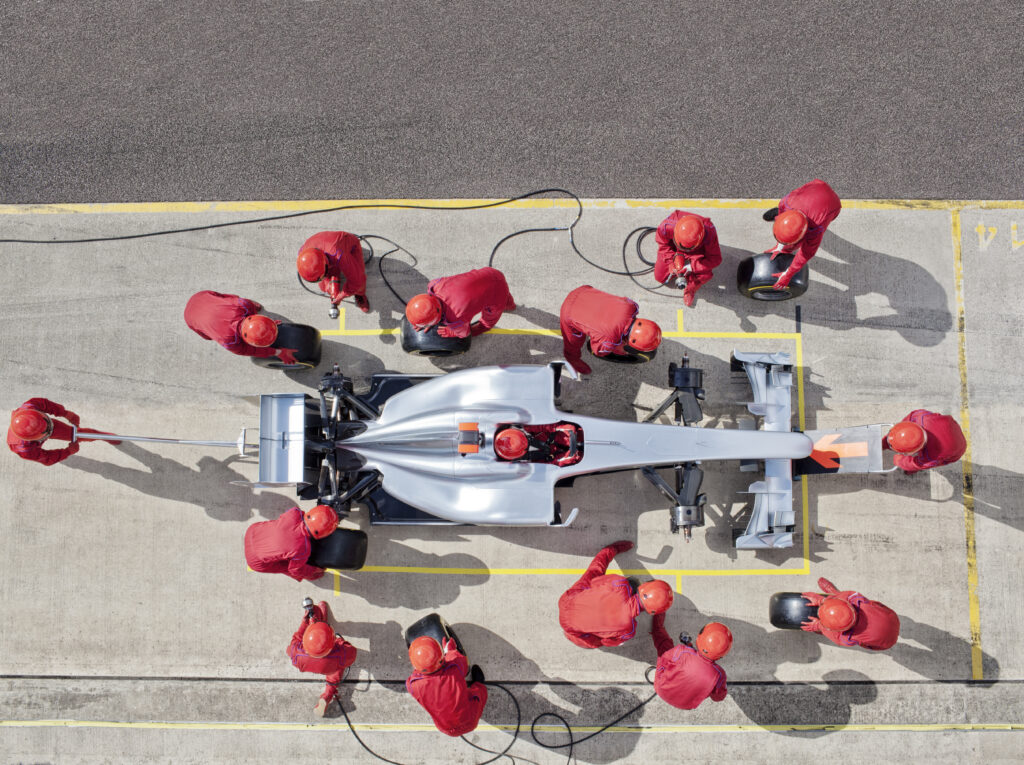Part 2: How do you compete in what is probably the most collegiate industry in the world?
How travel agencies should embrace digital transformation to attract and retain customers.

The 10-second resume
Recently, we dug into how a fragmented travel tech stack often stands in the way of providing the modern traveler and savvy corporate buyers with the seamless experience they expect. The point is simple: to meet the traveler’s needs today and tomorrow, you need to future-proof your business.
What does it mean to future-proof your travel business and how do you go about it?
Future-proofing your business is all about creating the right foundation. It’s a matter of ensuring you have the backing you need to:
- Meet changing customer demands
- Remain innovative
- Stay competitive
- Focus on creating memorable customer experiences
That should answer what it means to future-proof your business. Embracing digital transformation is the short answer to how.
“Digital transformation” is one of those terms we all love to hate. It makes sense, but it’s hard to grasp what it really means to you. So, let’s dig a little deeper and look at what digital transformation looks like and where it adds the most value to your travel agency.
Transforming your travel business is not about appearances
As we mentioned in the first article, many travel agencies have started what they perceive as their digital transformation. Front-end processes have been digitized and on the surface, many agencies look great and ready to take on the future.
But if your travel agency wants to stay competitive, remain innovative, meet changing customer demands, and devote time and resources to creating memorable customer experiences, you need to focus elsewhere.
To a travel agency, digital transformation includes a modern back-office that supports the modern omnichannel booking process. It requires automated processes linking sales, finance, and operations.
Automating complex and time-consuming processes is just one of the many benefits of digitizing your travel business. With automated processes and optimized workflows, you can use your manpower better and spend fewer headcounts on back-office functions.
That leaves room for what we bet you value most: Creating memorable experiences for your customers.
We believe you get the point. But let’s just wrap it up nicely:
Digital transformation is all about improving what is underneath the hood. It’s about making sure that you have a travel engine that runs smoothly and makes your business profitable in the long run.
Legacy systems will not help future-proof your business!
Is that too bold a statement?
Our answer is: NO.
No legacy travel systems have the functionality required to take your business into the future. They are built to meet 20-year-old needs. It is no different than competing in a modern race with a 20-year-old Ford Focus. You can try to tune it all you want… it will never be able to compete with new makes and models.
Both your legacy travel system and the old Ford Focus are ready for retirement.
The fact is, what was efficient, and a great back-end solution 20 years ago just isn’t the right choice today in a time when the market and the technology supporting it are rapidly changing.
Looking for more inspiration?
See our latest insights
-

How to calculate the ROI of ERP?
Learn how to measure the return on investment on ERP systems (ROI) by comparing various costs against the financial and operational benefits gained.
-

How do corporate travel policies help reduce the carbon footprint?
Corporate travel policies help companies align with environmental goals while maintaining efficiency and responsibility.
-

How does AI eliminate 7 common challenges in finance?
This article explores seven key finance challenges and how AI can help solve them.